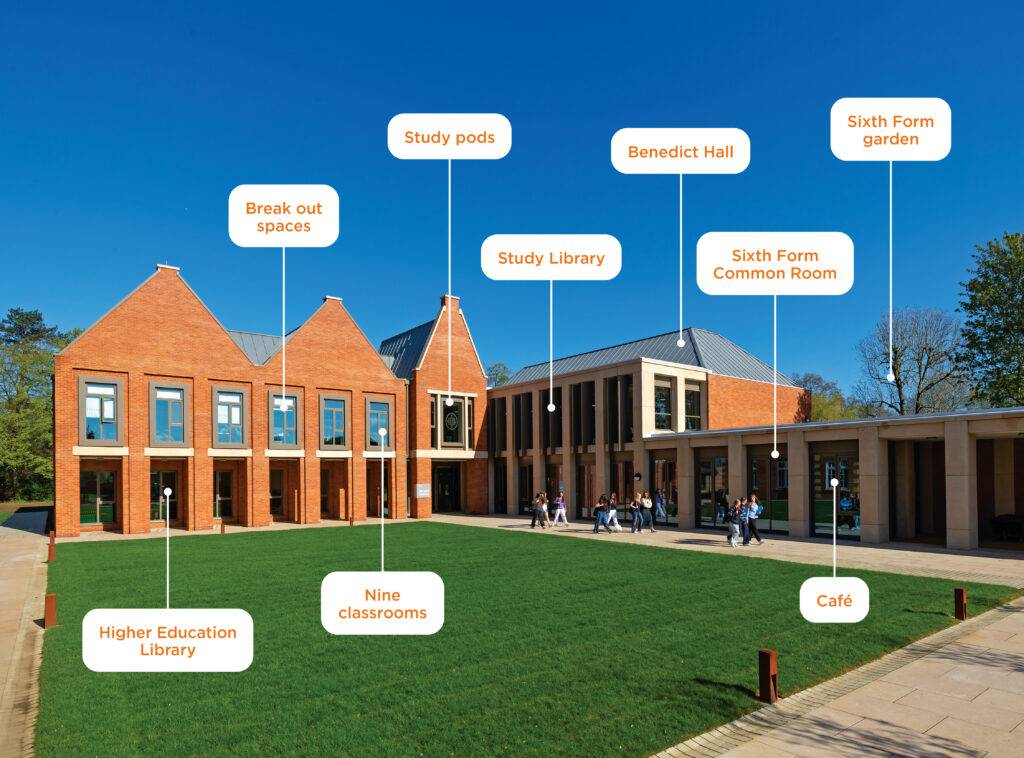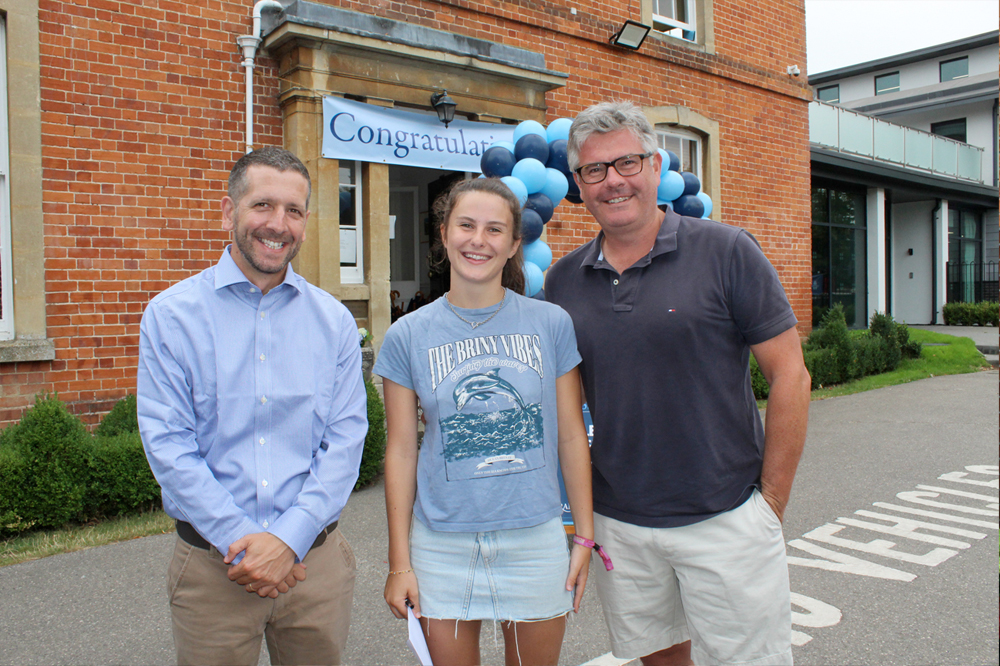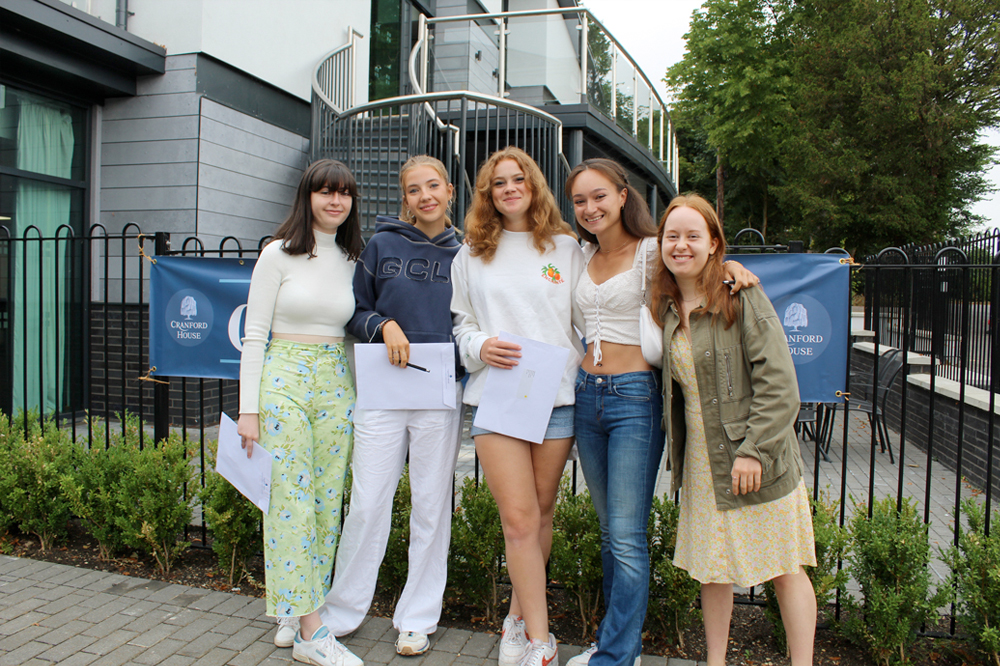St Helen and St Katharine celebrates students’ success with this year’s A level results exceeding broadcast predictions
St Helen and St Katharine students have performed brilliantly in a range of subjects with 70.9% of all grades being A* or A.
Particularly impressive grades were gained in maths, history, geography, drama and politics, as well as the Extended Project Qualification (EPQ) which, once again, enjoyed stellar success – and continues to be recognised favourably by HE institutions.
Headmistress Rebecca Dougall said: “It has been a great morning of celebration and we are all so proud of the students who have done brilliantly in what have been their first public exams. We always say that there is no typical HelKat: our job is to support students to identify and develop their own strengths, so we are happily celebrating with students today who are off to study subjects as varied as Classics, Medicine, Politics and International Relations, Economics, Law, Music, Maths, Drama and Fashion Design Innovation. The universities they are joining are fortunate to be working with such a talented cohort of students.”
One such talent is Anna who is Oxford-bound to read History and Spanish with her 4 A*s and a letter from the exam board commending her as one of the highest-achieving English Literature students in the country, or Pippa who will be heading to the USA to take up a place at the University of California, Berkeley, her 3 A*s a fitting reward for her academic success and all the more impressive given her prowess in and commitment to rowing.
St Helen’s is encouraged to see its students bucking the national trend in their success in modern languages A levels and in choosing to study them at university. STEM remains very strong with students headed to Cambridge to read Natural Sciences and Veterinary Medicine. Medicine remains popular and successful with five students gaining places at medical school. One of those is Georgina who, with her 3 A*s, is heading to Queen’s University Belfast. Her parents, Adele and Graham said: “We are delighted that Georgina has achieved her dream of studying medicine and we are thankful to St Helen’s for the fantastic support in achieving this dream. Throughout her time here we have had an overarching confidence in the competence of the school and that all bases were always covered.”
Five students are embarking on Art Foundation. Edie, who achieved 4 A*s in Art, Biology, Psychology and in her EPQ, is heading to Kingston University. Her mum, Emma, reflected on her journey through St Helen’s: “From the moment Edie started in Year 5 she discovered that she loves so many things and was good at many things. This is what St Helen’s is brilliant at – nurturing each individual student to find her passions.”
Olivia has gained a place to study Music at University of Manchester. Her mum, Anne, said: “St Helen’s is a happy place. Both of my daughters have flourished here and enjoyed taking part in all the music, drama and sport opportunities. We have particularly enjoyed the extremely professional shows – the music and drama teachers put so much work in to these.”
St Helen and St Katharine has recently opened its brand new Sixth Form Centre, the brand new Sixth Form Centre, the Benedict Building, dedicated to providing students with the space and opportunity to grow their academic and extracurricular interests in readiness for their future. With nine new classrooms, a range of study spaces, a common room, a café and a flexible lectures/ performance hall, the building echoes the very best in higher education intuitions.

For information, go to the St Helen and St Katharine website (shsk.org.uk)













